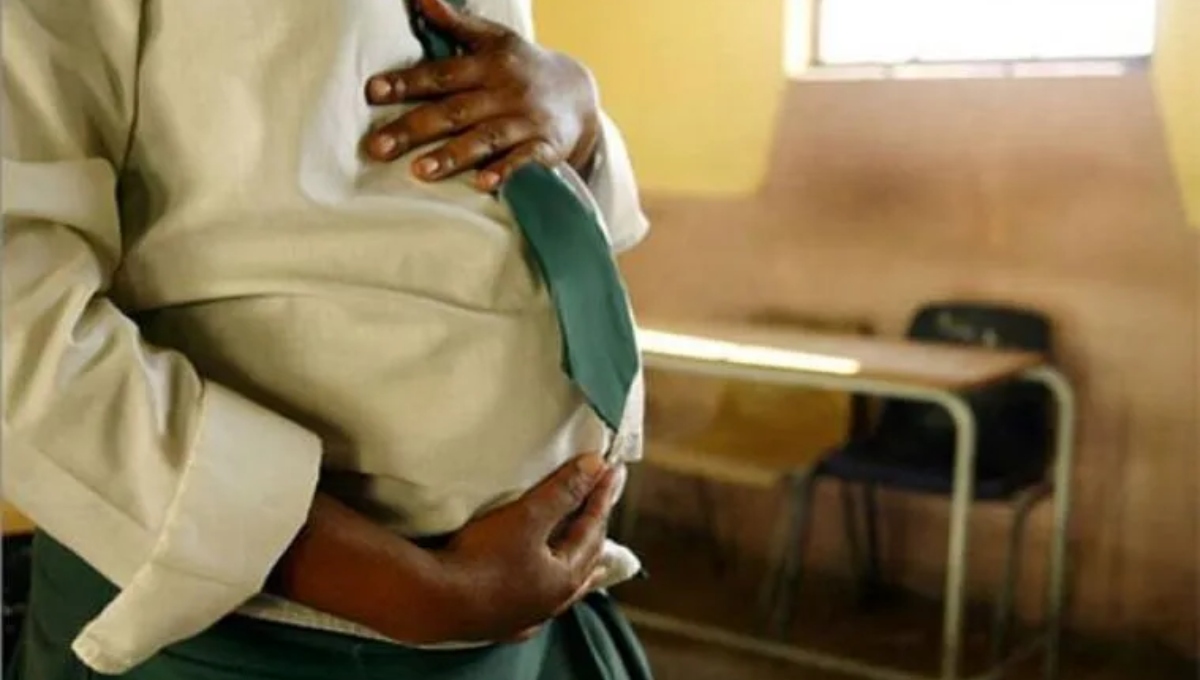Rally driver Maxine Wahome is seeking acquittal after the prosecution closed its case in the murder trial of her boyfriend, fellow rally driver Asad Khan, more than two years after his death.
Khan died on December 18, 2022, following a domestic dispute at their apartment in Kileleshwa. The initial allegation was that Wahome assaulted Khan, resulting in a deep leg wound that led to his eventual death.
But as the trial unfolded, evidence presented to the court complicated that narrative.
Medical testimony revealed that the cut wound on Khan’s right lower leg, while serious, was unlikely to be fatal on its own.
A doctor from the hospital where Khan died, Avenue Hospital in Nairobi, told the court that although Khan lost a lot of blood, the wound “was not the automatic cause of his death.” According to the doctor, Khan suffered a cardiac arrest after being transferred from another facility, and his organs were in critical condition.
Autopsy and forensic reports played a central role in turning the case around. Three post-mortem examinations all concluded that Khan died from septicemia, a severe blood infection, likely contracted while he was admitted to the hospital.
In addition, tests by the government chemist showed traces of ketamine, a narcotic, in Khan’s system, along with alcohol.
The prosecution argued that the drug-alcohol mixture triggered erratic behaviour; the court heard that while intoxicated, Khan allegedly kicked a steel door panel, causing the leg injury that later festered and turned fatal.
Further weakening the state’s case was testimony from the investigating officer, Corporal Diana Angote, who admitted that the murder charge was filed before crucial forensic results were in.
She told the court she would not have charged Wahome had she known about the toxicology and autopsy findings earlier.
With 29 witnesses called; including medical personnel, crime-scene officers, and neighbours, the prosecution formally closed its case in late November 2025.
Wahome’s legal team, led by Senior Counsel Philip Murgor, immediately indicated they would file a “no case to answer” submission, arguing that the evidence fails to tie her to Khan’s death.
As of now, the court is yet to rule on that submission. The case, once widely seen as a straightforward murder prosecution, has morphed into a complex examination of intoxication, violence, possible self-harm or accident, and medical complications.
ALSO READ: Court declares Kenya Seed and Plant Varieties Act unconstitutional












